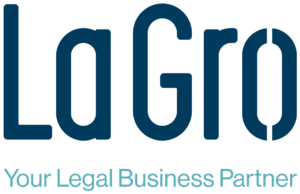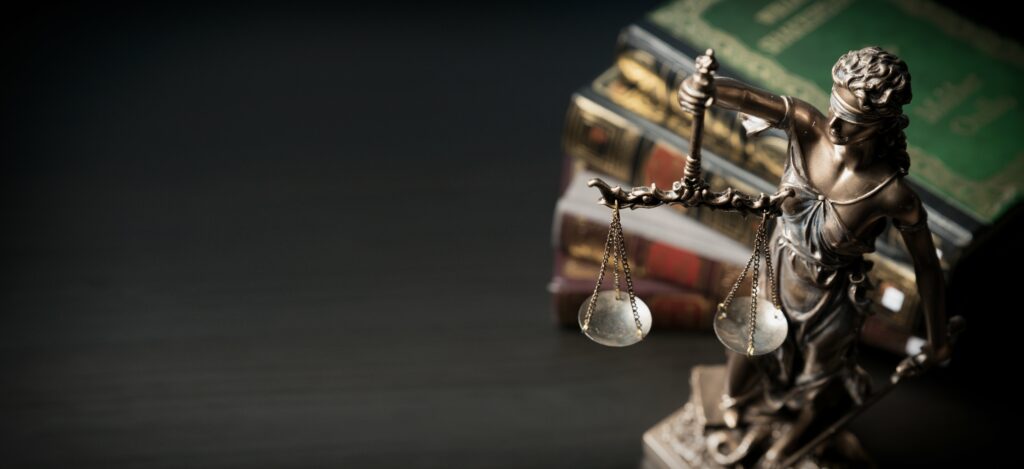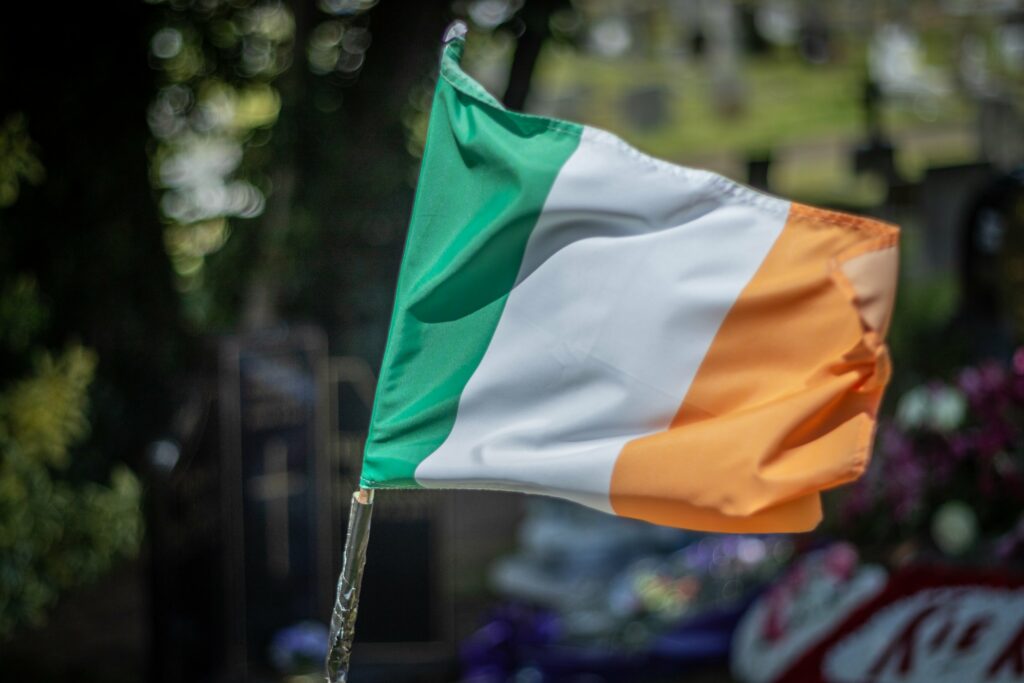Koninklijke Philips N.V. v. Belkin GmbH, Belkin International Inc., Belkin Limited, UPC Court of Appeal, Decision 3 October 2025, Case no. UPC_CoA_534/2024, UPC_CoA_19/2025, UPC_CoA_683/2024
In its ruling on the case’s merits, the Court of Appeal has clarified, among other things, whether and under what conditions managing directors can be held liable for patent infringements committed by their companies.
Summary provided by the Court of Appeal:
Background to the Appeal
Koninklijke Philips N.V. (hereinafter: ‘Philips’) brought action against Belkin GmbH, Belkin International Inc., Belkin Limited (hereinafter together ‘Belkin companies’) and their managing directors for infringement of its patent EP 2 867 997 (patent at issue). Philips is, among other things, seeking injunctive relief and damages. The Munich Local Division upheld the complaint against the companies, inter alia, with regard to injunctive relief and damages. It found the defendant managing directors liable, not as infringers but as intermediaries under Art. 63 (1) UPCA.The Munich Local Division ordered the defendant managing directors to refrain from performing their duties as managing directors or directors of Belkin GmbH and Belkin Limited in such a way that it results in infringing activities by the companies.The further claim against the managing directors was dismissed.
Philips, the Belkin companies and the directors appealed the decision to the Court of Appeal.
Outcome
The appeal lodged by the defendant managing directors was successful in its entirety.The Court of Appeal overturned the decision of the Local Division with regard to the defendant managing directors and dismissed the claims against them.
Reasons for the decision
The Court of Appeal held that the question of who is an infringer under the UPC Agreement is determined on basis of an autonomous interpretation of Articles 63 and 25 UPCA. It follows therefrom that an ‘infringer’ is also someone who does not himself carry out the infringing acts but to whom the infringing acts of a third party are attributable because he / she is an instigator, accomplice or accessory to the infringing acts.
The mere position of managing director does not make him /her an accomplice or accessory to a company’s patent infringement. A managing director can only be held liable if the contested action of the managing director goes beyond his / her typical professional duties as managing director. This is particularly the case if the director deliberately uses the company to commit patent infringements. However, it also applies if the managing director knows that the company is committing a patent infringement and he / she, despite being possible and reasonable for him to do so, fails to take action to stop it. Liability only arises if the managing director is aware that the company’s acts constitute patent infringement. If the managing director seeks legal advice on the matter, he / she can generally rely on this advice until a decision has been issued by the Court of First Instance establishing the company’s patent infringement. The Court of Appeal did not consider these conditions to be met under the circumstances of this case.
In its earlier order of 29 October 2024 (UPC_CoA_549/2024, APL_51838/2024, App_53031/2024), the Court of Appeal already ruled that the managing director of a company cannot be a ‘third party’ in relation to that company and therefore cannot be an intermediary of that company within the meaning of Article 63 UPCA.
Court of First Instance: Munich Local Division, 13. September 2024, ORD_598464/2023
Relevant law:
Art. 25 UPCA
A patent shall confer on its proprietor the right to prevent any third party not having the proprietor´s consent from the following:
1. making, offering, placing on the market or using a product which is the subject matter of the patent, or importing or storing the product for those purposes;
2. using a process which is the subject matter of the patent or, where the third party knows, or should have known, that the use of the process is prohibited without the consent of the patent proprietor, offering the process for use within the territory of the Contracting Member States in which the patent has effect;
3. offering, placing on the market, using, or importing or storing for those purposes a product obtained directly by a process which is the subject matter of the patent.
Art. 63 UPCA
1. Where a decision is taken finding an infringement of a patent, the Court may grant an injunction against the infringer aimed at prohibiting the continuation of the infringement. The Court may also grant such injunction against an intermediary whose services are being used by a third party to infringe a patent.
(…)
The full decision can be read here.
















